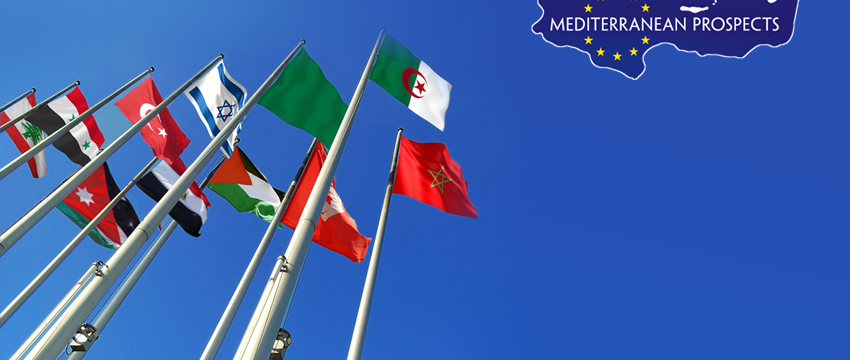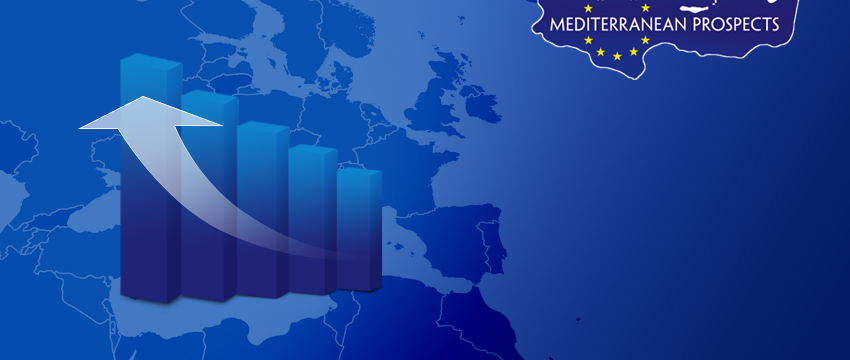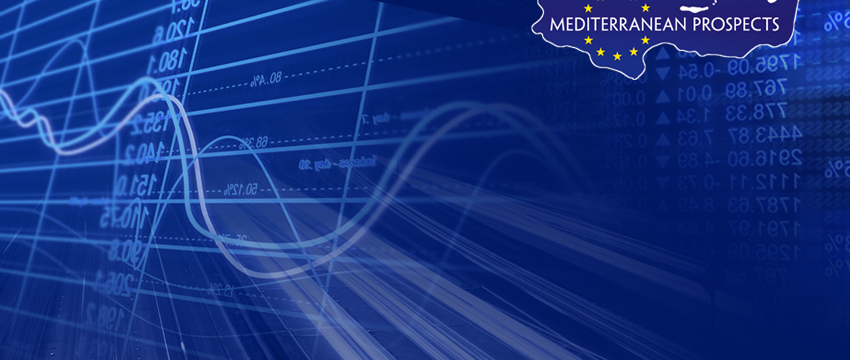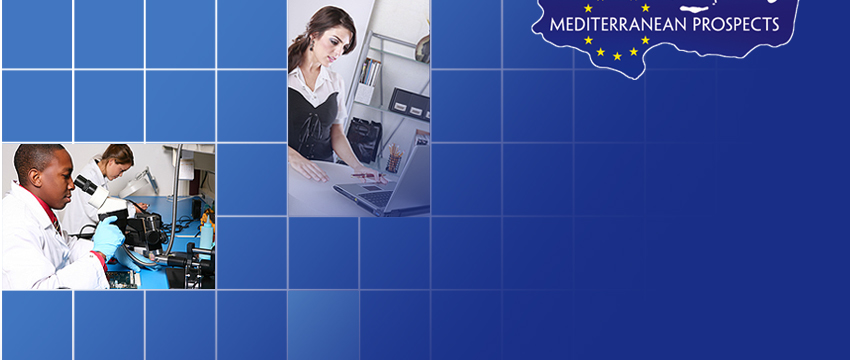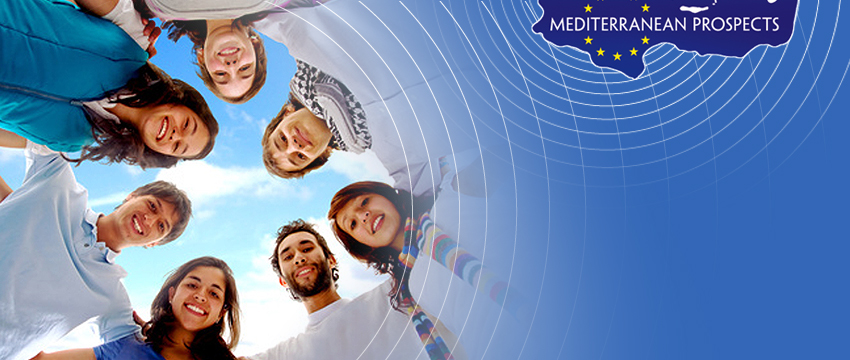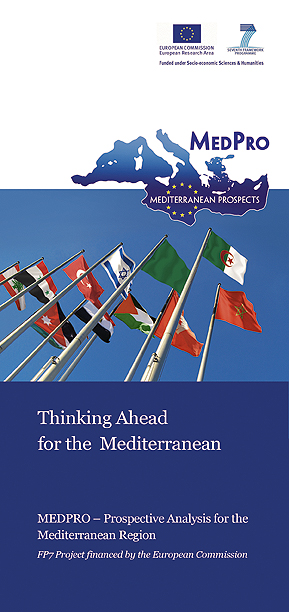- التنسيق العلمي
- الجوغرافية السياسية وحكومة
- الديموغرافيا، والصحة، والشيخوخة
- إدارة البيئة والموارد الطبيعية
- الطاقة، والتخفيف من حدة تغير المناخ
- التكامل الاقتصادي، والتجارة، والاستثمار، والتحليل القطاعي
- الخدمات المالية وسوق رأس المال
- رأس المال البشري، والحماية الاجتماعية، وعدم المساواة والهجرة
- وضع السيناريوهات وتقييم الأثر
- سيناريوهات التكامل الإقليمي والتعاون مع الاتحاد الأوروبي
EU Migration Policy in the wake of the Arab Spring: What prospects for EU-Southern Mediterranean Relations?
جمعة, 24/08/2012 - 17:41 | by admin
The outbreak of the Arab Spring and the unrest, revolution and war that followed during the course of 2011 have forced the EU to acknowledge the need to radically re-think its policy approach towards the Southern Mediterranean, including in the domain of migration. Migration and mobility now feature as key components of High Representative Catherine Ashton’s new framework for cooperation with the region (Partnership for Democracy and Shared Prosperity), while the EU has declared its intention to strengthen its external migration policy by setting up “mutually beneficial” partnerships with third countries – so-called ‘Dialogues for Migration, Mobility and Security’ – now placed at the centre of the EU’s renewed Global Approach to Migration and Mobility (GAMM). However, the success of this approach and its potential to establish genuine cooperative partnerships that will support smooth economic and political transformation in North Africa hinge on the working arrangements and institutional configurations shaping the renewed GAMM at EU level which has long been marked by internal fragmentation, a lack of transparency and a predominance of home affairs and security actors.
This paper investigates the development of the Dialogues for Migration, Mobility and Security with the Southern Mediterranean in a post-Lisbon Treaty institutional setting. It asks to what extent has the application of the Lisbon Treaty and the creation of an “EU Foreign Minister” in High Representative Ashton, supported by a European External Action Service (EEAS), remedied or re-invigorated the ideological and institutional struggles around the implementation of the Global Approach? Who are the principal agents shaping and driving the Dialogues for Migration, Mobility and Security? Who goes abroad to speak on the behalf of the EU in these Dialogues and what impact does this have on the effectiveness, legitimacy and accountability of the Dialogues under the renewed GAMM as well as the wider prospects for the Southern Mediterranean?
Sergio Carrera is Senior Research Fellow and Head of the Justice and Home Affairs Section of the Centre for European Policy Studies (CEPS) in Brussels. Joanna Parkin is Researcher in the same section. Leonhard den Hertog is Marie Curie PhD Fellow, of the Universities of Cologne & Edinburgh (EXACT Project on EU External Relations).
| المرفق | الحجم | الطلبات | Last download |
|---|---|---|---|
| MEDPRO TR No 15 WP9 Carrera.pdf | 456.56 ك.بايت | 1500 | منذ سنتان 49 أسبوعا |
تاريخ المطبوعة:
Tue, 07/08/2012
المؤسسة: CEPS


